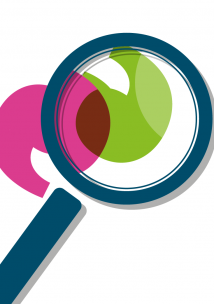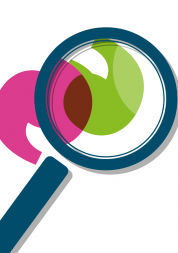COVID-19 Recovery. What local residents are telling us

Healthwatch England has asked all local Healthwatch to seek the views of their residents and service users on the impact of Covid-19. We want to hear how the pandemic has affected the way Greenwich residents are accessing and experiencing health and care services.
Summary of findings
Who we spoke to
This feedback is based on experience shared by seven groups, their staff, volunteers, members, and service users, including:
- Mum’s Aid
- South Greenwich Forum
- Ajoda Community Alliance
- Clockhouse Community Centre
- Middle Park Community Centre
- New Charlton Community Centre
- Woolwich Common Community Centre
Covid-19 vulnerability
Across all groups we spoke to, many have members at high risk from Covid-19, or members caring for those in vulnerable groups. This includes those aged 70+, those with existing health conditions, or pregnant mums. Many continue to self isolate or minimise external contact. The cumulative effect of social isolation is increasingly negative. Many groups report concern for members and note a deterioration in both physical and mental health.
Support
All the groups we spoke to have adapted how they keep in contact with members. Many now use a combination of digital and non-digital methods, via email, phone and by distributing hardcopy newsletters by post. As restrictions have eased, some groups are resuming a limited range of face-to-face activities.
Despite the easing of Covid-19 restrictions, many organisations to continue to support their vulnerable or frail members with collecting and delivering prescriptions, delivering food packages and toiletries, and providing broader assistance in connecting people to local community services.
Covid-19 Information
There is considerable confusion over what is 'allowed' and what information organisations can share to protect their members. Social distancing messages and what services can and can't be accessed face-to-face feel counterinitiative. While information from the Royal Borough is felt to be good, many suggest national messaging is inconsistent, adding to local confusion and reducing confidence in using services for those at highest risk. This is exacerbated for those who do not fluently speak or are not comfortable using English.
What's working
Many more residents (compared to preCovid-19) are accessing health services by telephone. Most report positive experiences and feel this is an improvement.
Organisations that switched to delivering support and services online report that more members than expected quickly got to grips with the changes and the technology.
Access to digital devices and the internet
Access to digital devices and the ability to use digital technology varies. Each organisation has members who do not have access to the internet or broadband. Many of the organisations we spoke to have members who do not have any access to digital devices such as smartphones, laptops/tablets or computers.
Mum's Aid told us that many vulnerable women only have mobile phone contracts with restricted data. They rely on Wi-Fi access in café's and coffee shops across the borough, all of which closed during the lockdown. As a result, these women became increasingly isolated with little opportunity to access services digitally.
Using digital platforms to access health services
Many of the groups we spoke to have members who don't know how to or find it difficult to use online platforms, even if they have access to the hardware. They don't access health services digitally as they find it hard to do so and there is some confusion over which services are available.
As a result of the lack of familiarity with using digital platforms and devices, some groups we spoke to are concerned that members could be vulnerable to scammers.
Downloads
If you need this report in an alternative format, please email info@healthwatchgreenwich.co.uk
